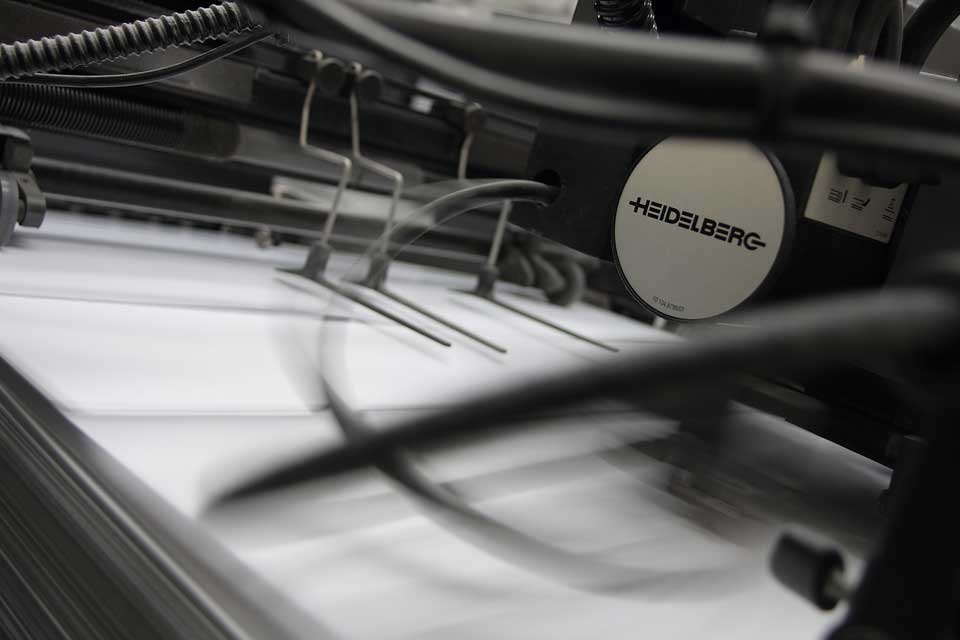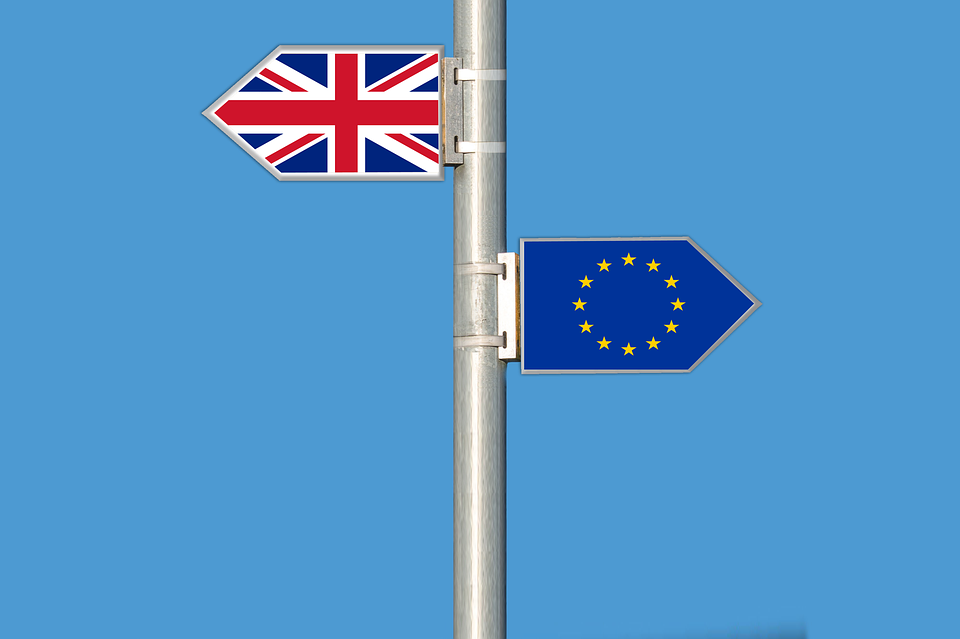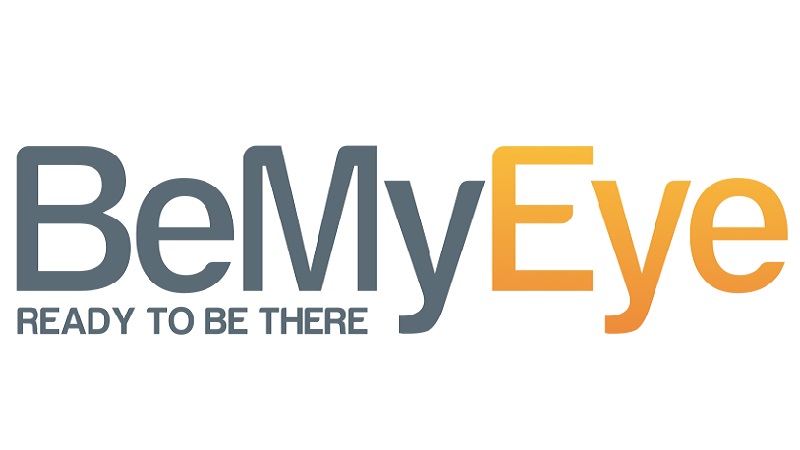A six-year run of continuous overall UK marketing budget growth came to an end in Q4 2018, with a net balance of +0.0% of marketing executives signalling no change in budgets during the fourth quarter.
That’s according to the latest IPA Bellwether Report, which says that while some marketers reported growth (+16%), this was completely offset by others observing spending cuts (-16%).
In addition, roughly two-thirds of panel members reported no revision to their total marketing budgets. Evidence from some marketers highlighted some optimism for the coming year, with new product launches, expansion into overseas markets, digital transformation and technological development all expected to bring growth opportunities.
However, political and economic uncertainty caused by the ongoing Brexit negotiation process has dampened both business and consumer confidence, driving belt-tightening and restricting resources available to marketing executives.
The shift towards digital modes of advertising remained apparent during Q4, although growth moderated noticeably, as signalled by the net balance for internet falling to +2.1%, from +13.6% in the third quarter (within internet, search/SEO dropped from +5.8% in Q3 to -3.9% marking the first cut since Q2 2009; mobile advertising budgets were also revised down to -2.4% from +1.9% in Q3).
However, it was budgets for sales promotions that marketing executives enjoyed the greatest upward revisions for, with the net balance increasing to +3.8% from +0.6% in Q3. Events budgets also saw a slight increase (net balance of +2.6% from -1.1%), however panellists observed cuts to the remaining categories monitored by the Bellwether survey.
The first downward revision for two quarters was seen for main media advertising, which includes large-scale campaigns on TV and in newspapers. The net balance fell to -6.5% from +4.8%. Direct marketing (-5.6% from -7.4%), market research (-4.7% from – 3.7%), and PR budgets (-4.1% from +4.2%) were also areas of marketing that companies experienced a squeeze on spending.
Looking towards the 2019/20 financial year, preliminary data from the Bellwether panel indicated a near-neutral stance on overall marketing spend for the coming budget period. The proportion of marketers anticipating increased marketing expenditure (27%) was only marginally higher than that for those predicting cuts (26%), yielding a net balance of just +0.8%.
However, drilling down into the individual budget plans for each Bellwether category revealed a fairly negative outlook. A number of marketers expressed concern towards the adverse impact of Brexit-driven economic and political uncertainty on both consumer and business confidence. In some cases, there was evidence that the potential for a more challenging corporate environment was set to restrict financial resources available to marketing executives.
Paul Bainsfair, Director General at the IPA, said: “In uncertain political and economic times such as these, the understandable reaction for some advertisers is to lose confidence in brand building advertising and to think short term even to the point of heavily discounting their products and services. We’ve seen this on and offline in the run up to Christmas – and now see the impact in black and white in this latest Bellwether Report. We know from the research we have done into what builds and what destroys brands – and it is proven – that too much short-term sales promotion activity destroys brand value in the long term. Marketers need to weather this turbulent period and think ahead. Now is the time to be bold, to keep up their share of voice and, if they can, increase it to grow their share of market. Businesses that rely on the strength of their brands need to follow the general 60:40 (brand building vs activation spend) rule of thumb.”
Joe Hayes, Economist at IHS Markit and author of the Bellwether Report, said: “The slowdown in marketing budget growth seen in recent quarters culminated in Q4, as the six-year bullrun came to an end. Company-wide indecisiveness restricted the allocation of resources to marketers, as the wait-and-see approach to how the Brexit process will transpire appears to be the current strategy in place for many UK businesses. “The neutral stance on marketing budgets came in tandem with a first pessimistic outlook by businesses towards their own companies’ financial prospects for the first time since 2012, suggesting that top-level belt-tightening and plans to protect margins has seen marketing executives be given less discretion. Indeed, provisional data for budgets for the coming 2019/20 financial year indicate that downbeat stance seems likely to persist.”
James Goddard, Chief Executive, JJ Marketing, said: “This early part of 2019 is inevitably a time when uncertainty reigns but it’s no good standing still and weeping into your spreadsheets. For one thing, there remain areas of optimism, including digital transformation and the opportunities provided by technology. And, it’s now more important than ever for agencies to be able to react quickly to change. In the coming 12 months, expecting the unexpected will be crucial. Therefore, we need to focus on being flexible and innovative. Add strategy, creativity and accountability on top and taking advantage of a changing landscape will be more achievable than you might expect.”
Tom George, CEO, GroupM and Chair of the IPA Media Futures Group, said: “By the time the latest Bellwether report is published, we will know the outcome of parliament’s vote on the government’s Brexit proposal. Whether this provides any further clarity on a resolution is highly doubtful however. What is clear is that uncertainty is not the friend of economic optimism and the latest Bellwether sentiment reflects this.
“Advertising is also not immune to uncertainty and this is highlighted by a net balance of -6.5% for main media (a scale of decline not seen since 2009) and a softening in the positive sentiment for internet, search & mobile of +2.1%. The good news for the sector is that all commentators still report growth in ad expenditure for 2019 on the back of 6% growth in 2018 – our own GroupM forecasts predicts growth to 4.6% for 2019. Of course, what plays out over the course of the next few months may supress this relative optimism. To continue on a ‘glass half full’ theme, even the most pessimistic estimates I’ve seen for the impact of a no-deal Brexit scenario, don’t approach anywhere near the levels of decline for we witnessed in 2009. Watch this space.’’
Patrick Reid, CEO EMEA, Imagination, said: “As the expectation for brands to create more imaginative experiences grows, the current climate highlights the need for clients to work with a creative partner who can deliver effective, efficient and agile creative solutions. With exciting developments in technology, collaborative ways of working and more rigorous measurement, you can produce powerful experiences which deliver meaningful results despite the constantly evolving landscape.”
Pete Robins, Managing Partner, Agenda21 and Chair of the IPA Digital Media Group, said: “For once in a very long time, overall market pressures have even dented the growth rate of internet reacted spends. However, also worth noting that the prominence of businesses looking to continue or advance their digital transformation, could mean that once these initiatives are sufficiently progressed that growth in connected media channels will be at the forefront of their plans once the uncertainty in the market has acerbated.”
James Pais, IPA Scotland Chair and Creative Services Director at Frame, said: “Last year I commented that the Q4 Bellwether report would make for some interesting reading. I was trying to be optimistic here.
“Alas the uncertainty of Brexit has generated grave concerns and a lack of confidence which as a result meant that the findings in this Bellwether report have a rather pessimistic and downbeat outlook. The predicted reaction for advertisers to reduce their adspend in the later part of 2018 is evident in this report and to misquote D:Ream, things don’t look like they’re going to get better. There is a rather negative outlook to budgeting in 2019/20 with still further concern towards the adverse impact of Brexit on the economy and the effect it will have on both consumer and business confidence.
“So again, the 2019 Q1 Bellwether report will make for some interesting reading, by then hopefully we will have some clarity as to our new relations with the EU. As an optimist I want to be encouraged by the Office for Budget Responsibility projection of a bounceback in business investment, and the Bellwether prediction of an upward revision to adspend forecast for 2019, but I guess we will see in a few months, right?”





